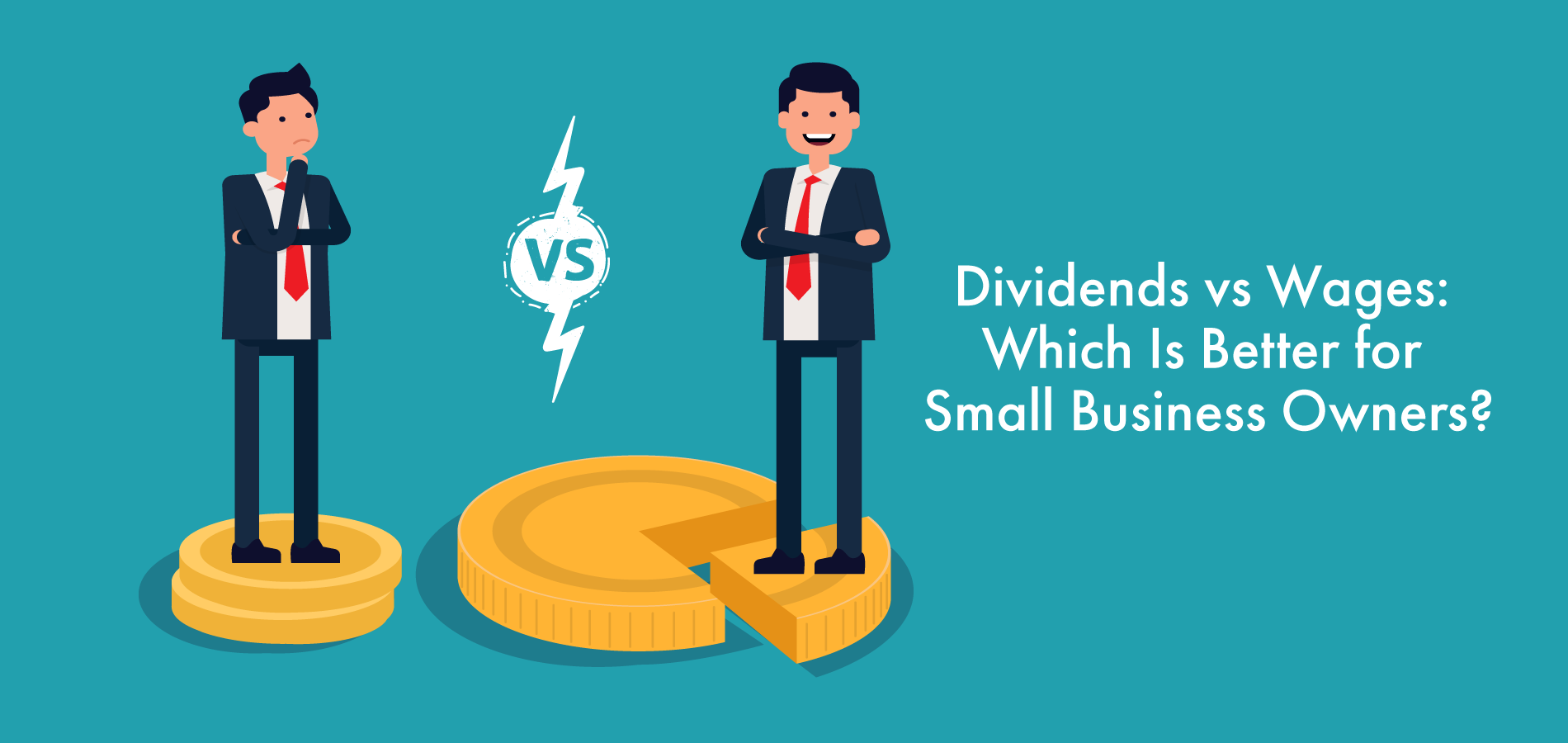
However, when you take an owner’s draw, it chips away at the equity your company maintains.

An owner’s draw provides more flexibility - instead of paying yourself a fixed amount, your pay can be adjusted based on how well the business is doing or based on how much money you need. The answer is “it depends” as both have pros and cons. If you’re a sole proprietor, it’s all coming from one big pot, but if you’re an LLC, intermingling your business and personal finances can result in losing your limited liability status.

But, because no taxes are withheld or remitted to the IRS, you’ll need to keep tabs on where that cash flow is going and make quarterly payments or settle up at the end of the year. As the business owner, you have the discretion on when to take draws. If the company pays for a computer at the discounted price and gives it to your family, that would also be a form of a draw or compensation.ĭraws can be a fixed amount paid at regular times or can be taken as needed. For example, say your company gets a bulk discount when it buys computers. Going to the ATM or writing yourself a check are technically cash withdrawals, but you can take non-cash withdrawals too. It’s important to note that, draws are not limited to cash withdrawals, either. In fact, if you’re a sole proprietor, a draw is your only option for paying yourself.
BIG BUSINESS OWNER SALARY FREE
After all, if your company makes $100,000 in profit, then that profit is all yours, right? Assuming there are no co-owners, you’re free to write yourself a check or even take money out of the cash register for your personal use. Owner’s Draw: Also referred to as a “draw,” an owner’s draw is when you voluntarily choose to take money out of your business. We will discuss different entity types in more detail below. The IRS even requires owners of S-corps and C-corps who are involved with running the business to take salaries, which must include “reasonable” levels of compensation.

Taking a salary makes it easy to anticipate the company’s cash needs and it helps you pay your personal taxes in a timely way. When you choose to go with a salary, taxes will be withheld from your paychecks and your company will send your tax payments to the IRS on your behalf, just like any other employee. Salary: Paying yourself a salary means you pay yourself a fixed amount each pay period. You probably already know there are two options for paying yourself.


 0 kommentar(er)
0 kommentar(er)
